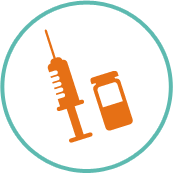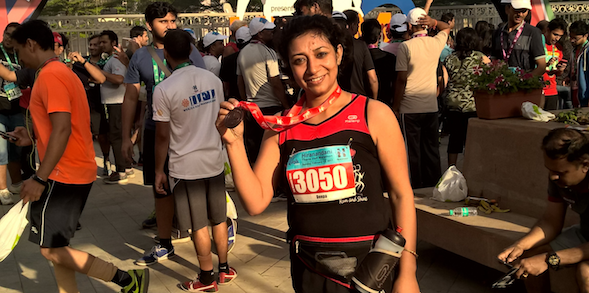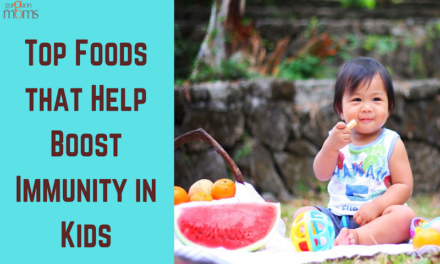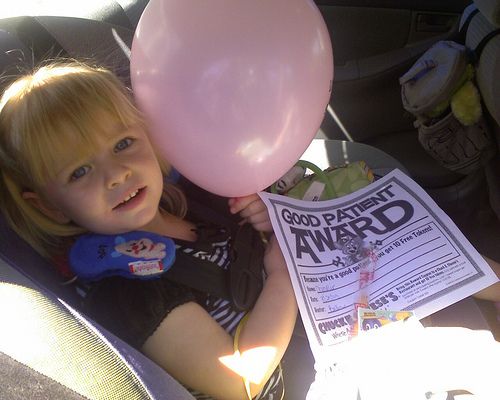 Whatever food a mother eats breaks down into carbohydrates, fats, proteins, vitamins and micronutrients. These nutrients are then transferred from the blood to the breast, where milk is produced. So if a mother eats spinach, there will be iron and other micronutrients in the breast milk. So if a mother maintains a healthy diet, the same nutrients will be passed on to the baby. However, if the mother’s diet is lower in nutrients, the body reserves of the mother will start leaching into breast milk. So whatever reserves the mother has like iron and vitamin K, will be passed into breast milk. In such a case, the infant might get nutrients but the mother’s health will deteriorate.
Whatever food a mother eats breaks down into carbohydrates, fats, proteins, vitamins and micronutrients. These nutrients are then transferred from the blood to the breast, where milk is produced. So if a mother eats spinach, there will be iron and other micronutrients in the breast milk. So if a mother maintains a healthy diet, the same nutrients will be passed on to the baby. However, if the mother’s diet is lower in nutrients, the body reserves of the mother will start leaching into breast milk. So whatever reserves the mother has like iron and vitamin K, will be passed into breast milk. In such a case, the infant might get nutrients but the mother’s health will deteriorate.
Hence, mothers need to equally focus on their diet while breastfeeding to be an all-time healthy nutrition provider.
You do not need to eat special foods or drink milk while breastfeeding. You do not necessarily have to avoid certain foods or beverages, either, with two important exceptions: consume caffeine in moderation and avoid alcohol completely.
Food during breastfeeding
- Mothers do not need to follow special nutritional guidelines during breastfeeding. They can consume spicy foods and breastfeed their babies successfully. In fact, mothers should consume a variety of foods and eat more foods that are not overly processed
- Some foods may flavour like breast milk, but babies rarely react to this. If the baby is fussy about a certain food or spice, mothers must try avoiding that food completely for about four days
- Mothers following a specific diet (e.g. macrobiotic or vegan), should consult their healthcare provider how this diet will affect their milk
Beverages during breastfeeding
- Mothers need enough fluids to stay well hydrated, but should only drink to quench their thirst. Two litres of fluid per day (or more if you are used to it) is a good goal. Mothers can also consume soup and other foods which also contain water
- A nursing mother can safely drink about two cups of coffee per day. But remember, when caffeine enters the bloodstream, a small amount can be passed on to the baby through their breast milk. Drinking more caffeine than recommended may cause fussiness and sleeping problems in the baby. If the baby reacts to even one cup a day, mothers should switch to decaf
Alcohol also enters the bloodstream and can very quickly be passed along to baby through breast milk. It is best to avoid alcohol completely while breastfeeding




